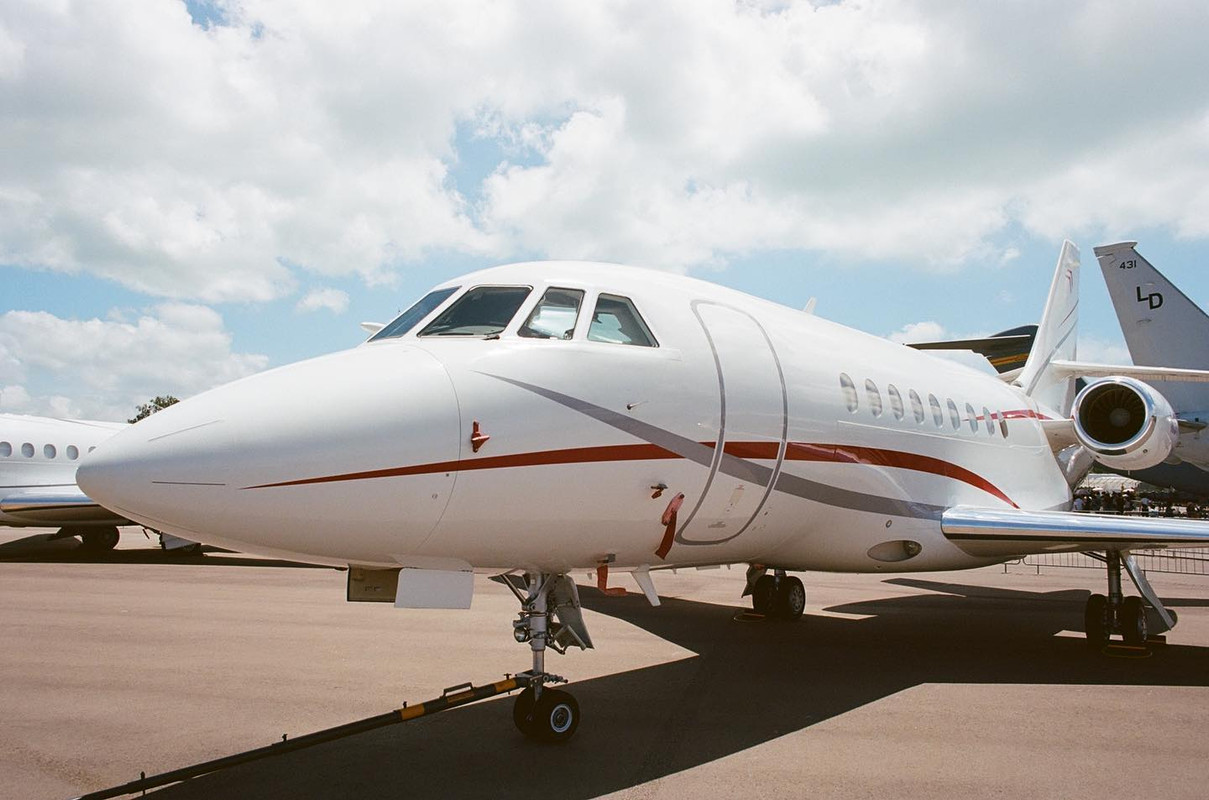Flight Dispatcher License: A Key Credential for Aviation Professionals
Flight Dispatcher License: A Key Credential for Aviation Professionals
Blog Article
In the complex world of aviation, flight safety and operational efficiency are top priorities. One critical role that supports these priorities is that of a flight dispatcher. To become a professional in this field, obtaining a flight dispatcher license is essential. This license certifies that an individual has the knowledge and skills required to plan and monitor flights in coordination with pilots, ensuring safety and regulatory compliance.
What is a Flight Dispatcher?
A flight dispatcher, sometimes referred to as an airline dispatcher or flight operations officer, is responsible for planning flight paths, evaluating weather conditions, calculating fuel requirements, and ensuring that flights operate safely and efficiently. Dispatchers work behind the scenes in airline operations centers, serving as vital links between the aircraft and ground support teams.
To perform these duties legally and competently, a dispatcher must hold a valid flight dispatcher license, which is issued by the relevant civil aviation authority, such as the FAA in the United States or the GCAA in the UAE.
Importance of a Flight Dispatcher License
The flight dispatcher license is more than a piece of paper—it is a legal requirement and a mark of professional competence In many nations, dispatchers and pilots share accountability for the flight's safety. This means that without a licensed dispatcher, an airline cannot legally dispatch a flight.
Holding this license assures employers that the individual has been trained in critical areas such as:
- Meteorology
- Aircraft performance and loading
- Flight planning and navigation
- Air traffic control procedures
- Aviation regulations and safety
Because dispatchers are responsible for making decisions that directly impact flight safety, the licensing process is both rigorous and standardized.
How to Obtain a Flight Dispatcher License
The path to earning a flight dispatcher license typically includes the following steps:
Meet Eligibility Requirements
Most aviation authorities require candidates to be at least 21 years old and possess a high school diploma or equivalent. A background in aviation or science can be helpful but is not always mandatory.
Complete a Certified Training Program
Candidates must enrol in an approved flight dispatcher training course. These programs are usually offered by aviation academies or specialized training centers and last between 5 to 8 weeks. Both academic knowledge and practical skills are covered in the curriculum.
Pass Written and Oral Exams
After completing training, candidates must pass written exams covering topics such as weather analysis, flight planning, and aviation regulations. An oral exam may also be required, where candidates demonstrate their ability to make real-time operational decisions.
Obtain the License from a Civil Aviation Authority
Upon successful examination, the civil aviation authority issues the flight dispatcher license, authorizing the holder to work for commercial airlines or charter operators.
Global Recognition and Regional Requirements
Flight dispatcher licenses are regulated at the national level, but many countries follow standards set by the International Civil Aviation Organization (ICAO). This means that a dispatcher licensed in one ICAO-compliant country may be eligible for license conversion or recognition in another, provided they meet additional local requirements.
For example, in the UAE, the General Civil Aviation Authority (GCAA) oversees licensing and requires dispatchers to complete GCAA-approved training and pass exams specific to UAE regulations.
Career Opportunities and Outlook
Earning a flight dispatcher license opens the door to a dynamic and rewarding aviation career. Dispatchers are employed by:
- Commercial airlines
- Private jet operators
- Cargo carriers
- Aviation services companies
- The need for certified dispatchers is growing along with the world's air traffic.
According to industry reports, the aviation sector will require thousands of new dispatchers over the next decade, particularly in emerging markets across the Middle East and Asia.
Skills and Attributes of a Successful Dispatcher
A certified flight dispatcher needs to be proficient in both technical and soft skills, such as:
- Strong decision-making ability
- Attention to detail
- Excellent communication skills
- Ability to work under pressure
- Strong understanding of weather and flight planning systems
Continuous education is also important, as regulations, technologies, and operational procedures evolve over time.
Final Thoughts
Obtaining a flight dispatcher license is a significant milestone for anyone interested in pursuing a career in aviation operations. It validates a high level of expertise and opens up opportunities in both domestic and international aviation markets. With the right training, dedication, and certification, a career as a flight dispatcher can be both fulfilling and essential to the safety and success of modern air travel.
 Report this page
Report this page